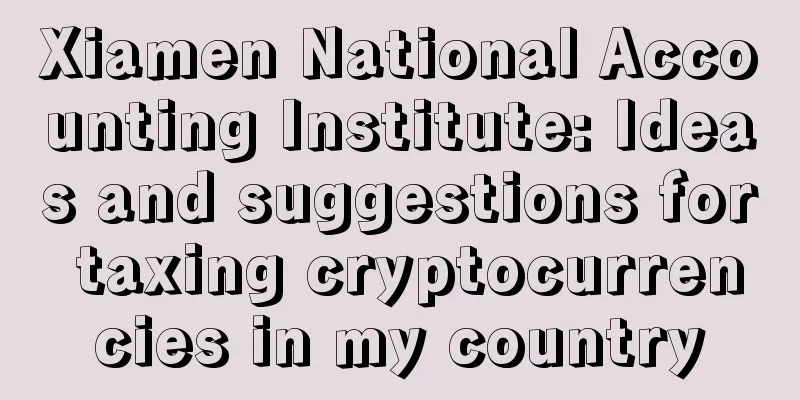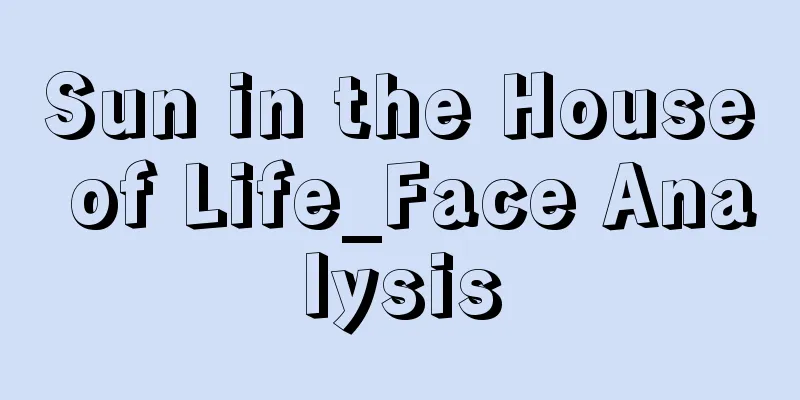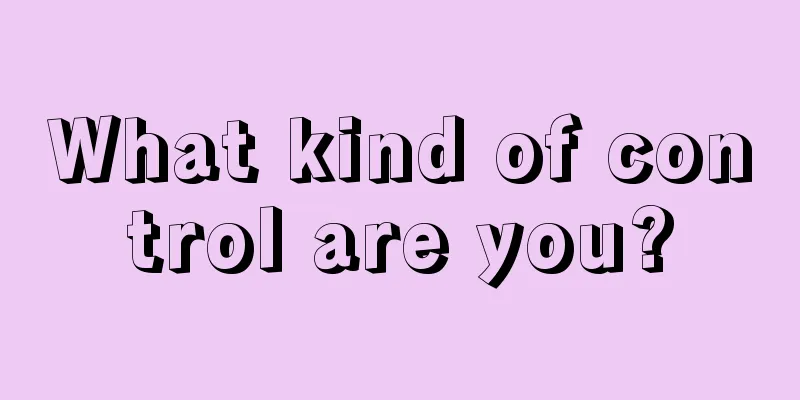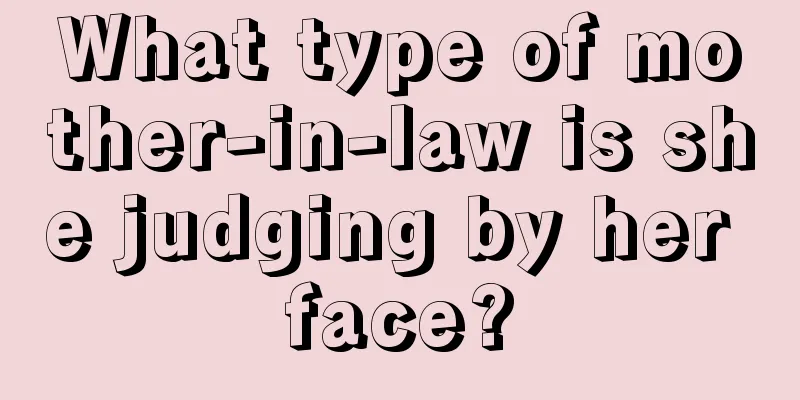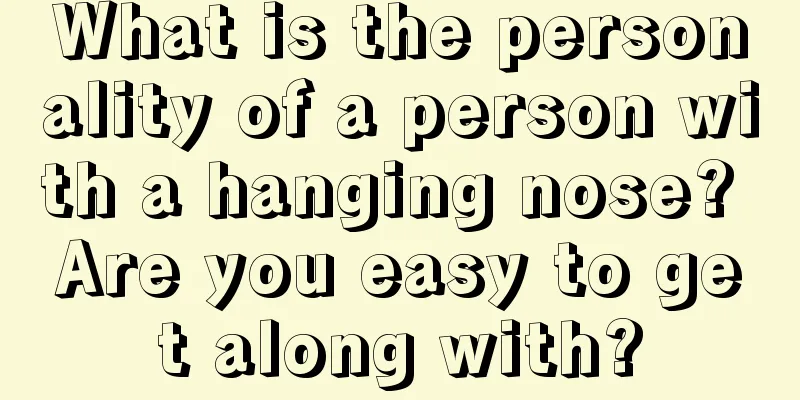Blockchain 'cure all diseases'? Gates Foundation objects
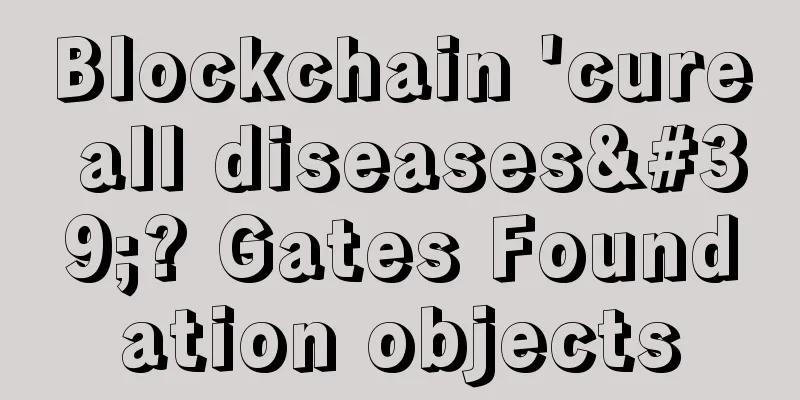
|
Bitcoin and other blockchain applications can help the world’s poor gain access to financial services, but the technology is not the cure-all it’s often made out to be. This was raised at the Money2020 seminar held in Las Vegas by representatives from the Bill & Melinda Gates Foundation and the Omidyar Network, two well-known non-profit organizations dedicated to promoting financial inclusion (i.e., universal access to financial services). While representatives from both organizations see distributed ledger technology (DLT) as having the potential to help them accomplish their goals, their enthusiasm for the technology is limited. Kosta Peric, deputy director of financial services at the Gates Foundation, even expressed some disdain for the organization’s recently announced blockchain software, Mojaloop, an open-source software that aims to make different financial networks interoperable in order to help the world’s underserved. Mojaloop uses Ripple’s Interledger protocol, he said:
Slow and redundantPeric is particularly indifferent to the application of Bitcoin and other public chains in inclusive finance. He said blockchain cannot be used in domestic payment systems. Performance issues are one reason: Peric said no public blockchain can handle more than 1,000 transactions per second like domestic real-time payment systems. In addition, public chains are not suitable for use in this field because "a country's payment data cannot be disseminated and used globally." However, he commented that public blockchains make “a lot of sense” for cross-border remittances. But Omidyar Network partner Arjuna Costa said that the transfer of funds is not the only application channel of blockchain in inclusive finance. He said:
He mentioned two use cases that could help poor people get access to money, however indirectly. One use case Costa points to is land registry, which helps people protect property rights and thus their lending rights. Another is using blockchain to analyze small business payment flows (including receipts and invoices) so that financial institutions can assess their creditworthiness and issue loans. Costa said:
Bitcoin supportersThe person who was most enthusiastic about blockchain at the seminar was the conference host Christine Duhaime, the founder of the Digital Finance Institute, a fintech think tank in Vancouver, Canada. Duhaime, who is also a lawyer specializing in anti-money laundering and counter-terrorist financing, said:
To explain why she loves the cryptocurrency, she points to Code to Inspire, an organization dedicated to spreading coding knowledge to Afghan women, and teaching them how to find work online — and how to use Bitcoin. This gives women a degree of financial autonomy and privacy in a country where financial services are scarce or unsafe. |
>>: Saudi Arabia's richest prince: JPMorgan Chase CEO is right, Bitcoin will collapse
Recommend
Is it good to have three or four moles on the ring finger? It means good luck to have noble people.
In fact, in many cases, we tend to simply summari...
Onchain releases white paper on Ant consensus algorithm
Recently, Onchain released the Ant consensus algo...
What does a woman with a good fortune look like? She can live a happy life without worries.
Everyone hopes to have good luck and that their l...
A brief analysis of the differences between BTC spot and ETF
What are the differences between BTC spot ETFs? O...
Ice Age: Ethereum mining rewards hit all-time low
Not long ago, ETH and other mainstream currencies...
What about a man with thick eyebrows at the front and thin eyebrows at the back?
Some people have thick eyebrows, some have thin e...
Is it good or bad for a woman to have a broken palm?
The lines on everyone's hands are different. ...
Women with these 3 characteristics on their feet will bring good fortune to their husbands and children.
Feet are the most down-to-earth part of the human...
Starting with $10 million, Coinbase will launch institutional coin deposit service
Cryptocurrency wallet and exchange startup Coinba...
Guangdong Governor Ma Xingrui: Support Shenzhen in building a digital currency innovation pilot zone
On January 24, the fourth session of the 13th Gua...
A mole on a woman's upper right lip indicates
The ancients said: Having no moles on the face is...
Czech Zonerama unlimited free photo albums, uncompressed photos, permanent storage space
In today's digital age, photo storage and sha...
Is it true that a person with a low and blue forehead and a dark root of the nose will be doomed to disaster?
The most important thing in life is success. Ever...
What does a mole on a woman’s hand mean? What is her fate like if she has a mole on her hand?
Moles sometimes grow randomly like naughty childr...
How to analyze a woman's fortune through facial features
Financial fortune has always been a matter of gre...
